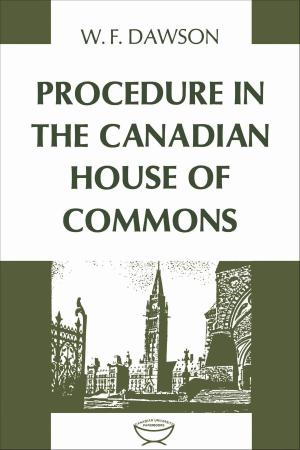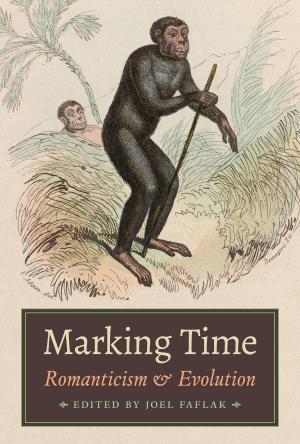Science, God, and Nature in Victorian Canada
The 1982 Joanne Goodman Lectures
Nonfiction, History, Canada, Modern, 19th Century, Science & Nature, Science, Other Sciences| Author: | Carl Berger | ISBN: | 9781442633544 |
| Publisher: | University of Toronto Press, Scholarly Publishing Division | Publication: | December 15, 1983 |
| Imprint: | Language: | English |
| Author: | Carl Berger |
| ISBN: | 9781442633544 |
| Publisher: | University of Toronto Press, Scholarly Publishing Division |
| Publication: | December 15, 1983 |
| Imprint: | |
| Language: | English |
Professor Berger aims in this book to ‘explore the rise, expression, and relative decline of the idea of natural history’ in Canada, during the age of Victoria. Science, particularly natural science, was then accessible to the general public in a way scarcely imaginable today. Natural history societies were set up in a number of cities and provided a focus for the descriptive and collecting activities of amateurs and incipient professionals. These societies acted as social clubs and vehicles for self-improvement as well as providing excellent training for the amateur scientist. The Baconian assumptions that inspired the Victorian collectors and scientists were one of the major victims of the Darwinian revolution, and their demise brought about the gradual decline of the natural history societies. Professor Berger considers also the sense of wonder and reverence with which Victorian Canadians, like their British contemporaries, looked at the varieties and delights of nature. The British tradition of natural theology had a great impact on the pursuit of science in Victorian Canada, leading naturalists and poets alike to seek in the uncharted flora and fauna of their new land the handiwork of a benevolent God. The author examines the impact of the discoveries of Darwin on this tradition and on the relations between science and religion, as the creator and the act of creation became more and more distant in time and more tenuously connected to the world of nature around us.
His study provides many rich insights into the practice and theory of natural history in an age when even a veteran politician could look back and recall, with understanding and in detail, the world of nature in the countryside of his youth.
Professor Berger aims in this book to ‘explore the rise, expression, and relative decline of the idea of natural history’ in Canada, during the age of Victoria. Science, particularly natural science, was then accessible to the general public in a way scarcely imaginable today. Natural history societies were set up in a number of cities and provided a focus for the descriptive and collecting activities of amateurs and incipient professionals. These societies acted as social clubs and vehicles for self-improvement as well as providing excellent training for the amateur scientist. The Baconian assumptions that inspired the Victorian collectors and scientists were one of the major victims of the Darwinian revolution, and their demise brought about the gradual decline of the natural history societies. Professor Berger considers also the sense of wonder and reverence with which Victorian Canadians, like their British contemporaries, looked at the varieties and delights of nature. The British tradition of natural theology had a great impact on the pursuit of science in Victorian Canada, leading naturalists and poets alike to seek in the uncharted flora and fauna of their new land the handiwork of a benevolent God. The author examines the impact of the discoveries of Darwin on this tradition and on the relations between science and religion, as the creator and the act of creation became more and more distant in time and more tenuously connected to the world of nature around us.
His study provides many rich insights into the practice and theory of natural history in an age when even a veteran politician could look back and recall, with understanding and in detail, the world of nature in the countryside of his youth.















